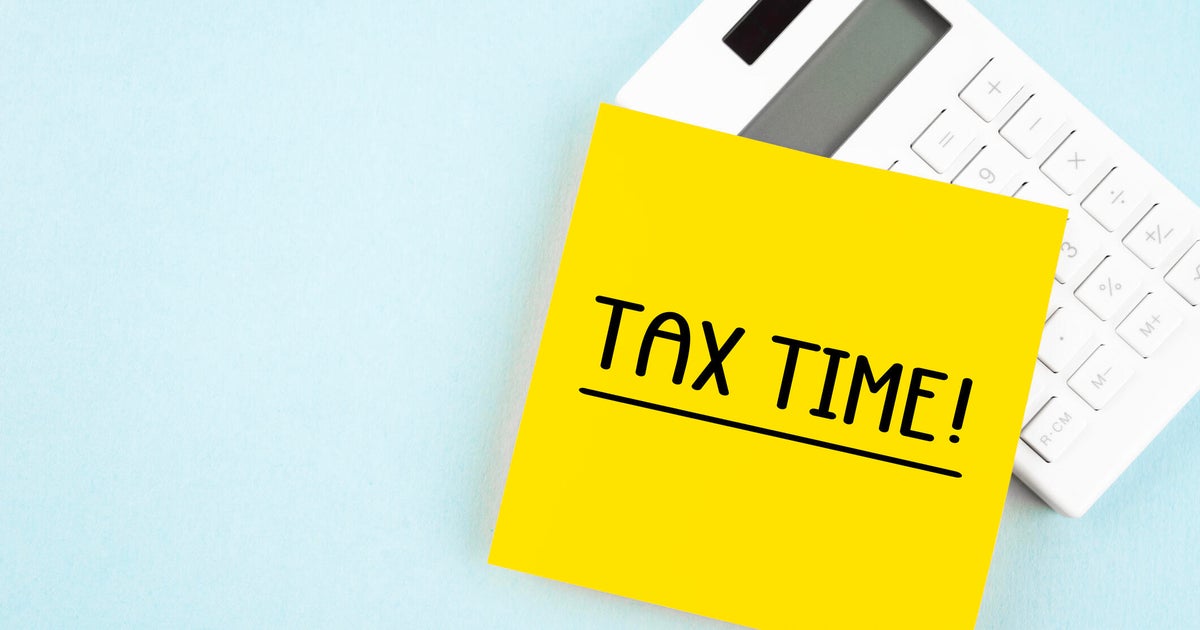Thinking of getting an adjustable-rate mortgage? Here are 3 questions to ask.
Demand for adjustable-rate mortgages (ARMs) is growing as interest rates on conventional home loans surge and as people seek an affordable on-ramp for buying a home.
The average interest on a 30-year fixed rate mortgage hit 8% last month, reaching its highest level since August 2000. By comparison, rates on the average ARM currently range between 7.12% and 7.65%, according to Bankrate.
Still, ARMs aren't right for everyone. Here are three questions homebuyers should ask when considering an adjustable-rate mortgage.
What different types of ARMs could I apply for?
Adjustable-rate mortgages typically come in four forms: 3, 5, 7 or 10. Those figures refer to the number of years your interest rate will be the same or "fixed." There are two numbers that homebuyers should pay attention to on an ARM — the fixed-rate period and the floating-rate period. The floating-rate period refers to how often your mortgage rate will change.
During the floating-rate period, your mortgage rate could increase or decrease depending on what the typical interest rates are at the time. If your rate increases, the amount you pay monthly for your mortgage will increase as well.
For example, a 5/6 ARM means the mortgage rate will be locked in — meaning it will not increase or decrease — for the first five years of the home loan. After five years, your mortgage rate will change every six months based on what current rates look like. A 10/1 ARM means the mortgage rate is fixed for a decade, after which it will adjust once a year based on current rates, until the entire loan is paid.
Is an ARM an ideal option for me?
A homebuyer looking to sell the property during the fixed-rate period is a great candidate for an ARM, according to the National Association of Realtors. It's a better option for people who have unstable income sources that change often, NAR said.
ARMs are not a good route to take if you are someone who wants a consistent mortgage amount month after month, according to NerdWallet. Because of the way interest rates fluctuate during an ARM loan, borrowers could face substantially higher mortgage payments at a time when they may not be able to afford it.
For example, someone using a 5/1 ARM on a $394,000 home (the median home price for September according to NAR) purchased with a 20% down payment, would pay roughly $2,891 a month for the first five years of the mortgage, based on today's 8% interest rate. After five years, if interest rates happen to rise to 12% in 2028, that mortgage will jump to $3,720.
Will I save money if I get an ARM?
In the short term, yes, because the fixed-rate period of an ARM usually comes at an interest rate that's lower than what someone would pay for a conventional home loan. But the savings aren't guaranteed over the long run. No one knows what interest rates will be in the future, and the floating-period of an ARM is when a homebuyer is most vulnerable to having to meet higher monthly mortgage payments.
Still, mortgage experts say borrowers typically enjoy lower-than-average payments during an ARM's fixed-rate period. Those savings could continue into the floating period depending on current rates, but anyone who takes out an ARM must be able to afford a higher mortgage payment if interest rates skyrocket after the ARM's fixed-rate period.



